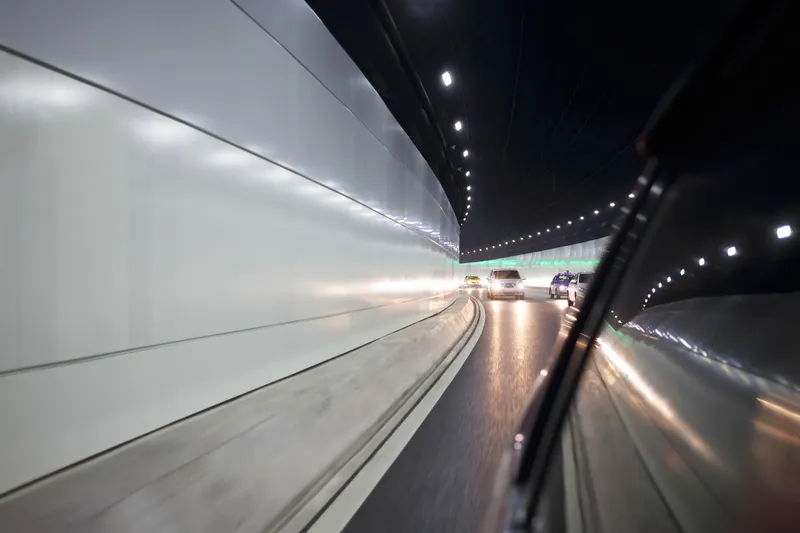Thales is to supply the Delhi Metro Rail Corporation (DMRC) with an advanced passenger information system for the new Jaipur Metro rapid transit system in India. Currently under construction, the metro will be one of the largest metro rail systems in India, with eight elevated and three underground stations. It is due to be commissioned in 2013. The Thales passenger information system will be interfaced with the traffic management system and will use a single software platform to enable the Jaipur Metro to
April 23, 2013
Read time: 2 mins

Currently under construction, the metro will be one of the largest metro rail systems in India, with eight elevated and three underground stations. It is due to be commissioned in 2013.
The Thales passenger information system will be interfaced with the traffic management system and will use a single software platform to enable the Jaipur Metro to generate and distribute real-time traffic-related information across the network. It will include an integrated and synchronised audio passenger announcement system, as well as visual passenger and time information systems to keep passengers informed throughout their journeys, whether on platforms, in trains or at connections with other lines on the network.
Prashant Rao, chief signal and telecom engineer for the Delhi Metro, explains: “As Thales has a long standing relationship with Delhi Metro, the Jaipur Metro contract award was a natural choice, knowing very well the capability of Thales to deliver on time.”
João Araújo, Thales VP for Portugal, commented: “Thales is recognised as a trusted partner in the Indian market, consistently implementing solutions that meet customer requirements and expectations. This latest success is further proof of Thales’ unmatched expertise in the delivery of passenger information solutions for the transportation market.









